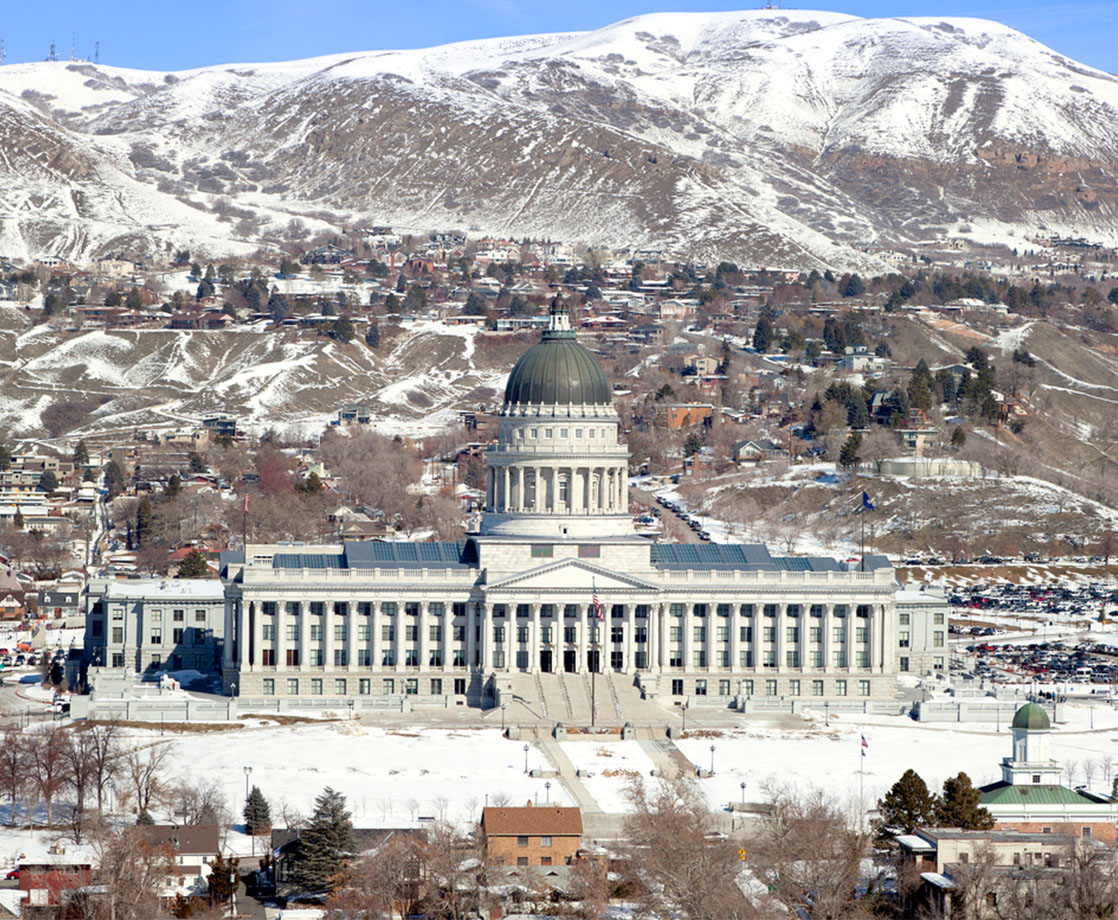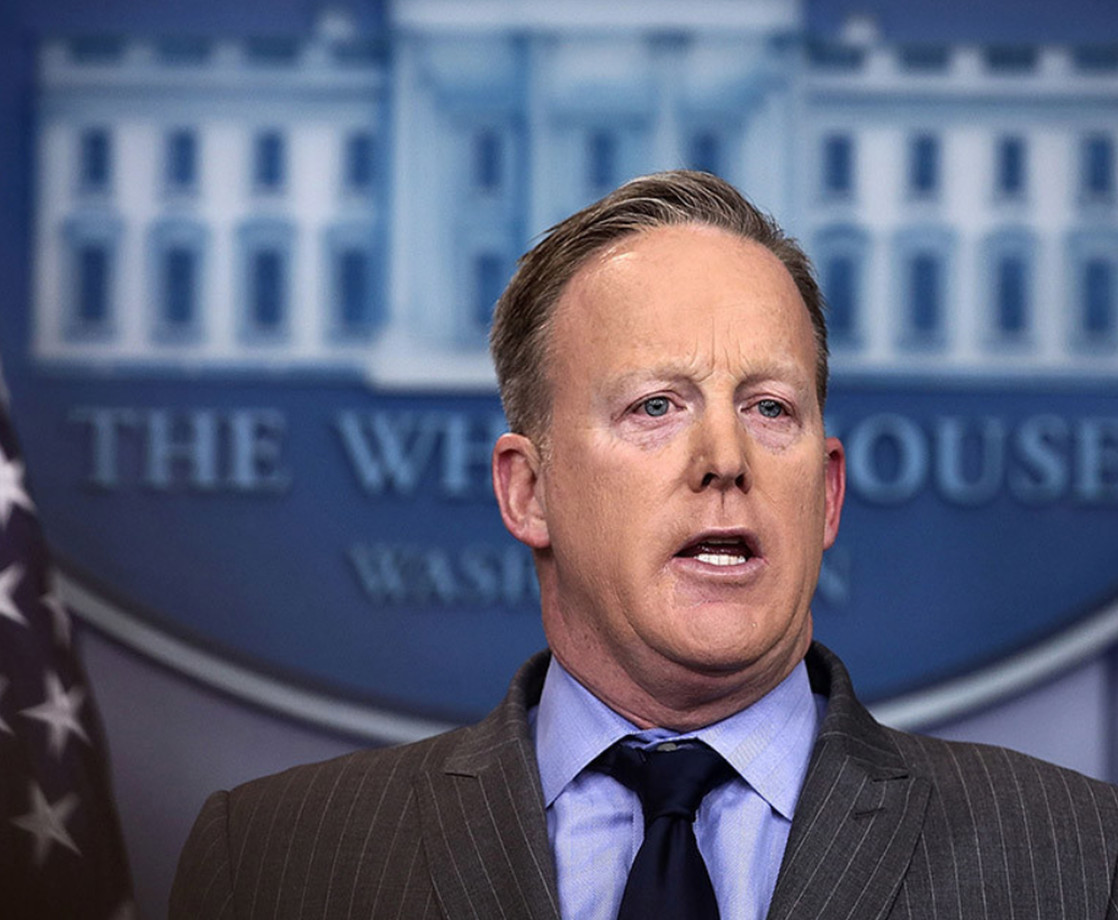Utah Governor Gary Herbert has asked state legislators to prepare for the eventuality of medical cannabis, regardless of whether voters approve a ballot initiative that would establish a comprehensive medical marijuana program in the Beehive State. In a recent news conference, Herbert urged voters not to back the initiative, arguing that lawmakers should instead draft a more limited medical cannabis law that would hand more control to the state health department.
Proposition 2, which was placed on this year's general election ballot by a valiant effort from the Utah Patients Coalition, would create a state-regulated system of cultivators, processors, testing labs, and around 20 dispensaries. The measure would still be one of the country's more conservative MMJ programs, preventing patients from using any smokable form of cannabis. Despite these conservative concessions, Herbert has argued that the initiative is flawed, and would require a legislative rewrite to fix. “Most rational people understand there are some problems with the initiative that need to be fixed,” he said, Deseret News reports.
“If it doesn’t pass, then we need to get with the Legislature and come back into session and create a better law,” the governor said, according to the Salt Lake Tribune. “If it does pass, we still have the same challenge, and that’s working with the Legislature and all the stakeholders. Either way, we’re going to get to the right spot, I believe.” The governor has argued for a “common-sense” medical marijuana law that would make the drug available through county health departments, rather than privately-owned businesses.
DJ Schanz, director of the Utah Patients Coalition, told the Tribune that the governor's proposal would conflict with federal prohibition laws. “You can’t have a state employee or state agency running anything that is federally illegal,” he said. “We don’t have to reinvent the wheel here. Utah is not the leader on medical cannabis; it never will be.” Schanz added that the ballot measure included “a fine balance… between regulation and patient access,” and as such, the issue would be “best left with the voters.”
State House Majority Leader Brad Wilson said that he expects lawmakers to discuss the issue next year, regardless of whether Proposition 2 passes. If the measure passes, “you'll see a lot of bills to address the unintended consequences," he told Deseret News. If the measure fails, he said that lawmakers will work on drafting a bill to create their own program. Wilson added that he was “optimistic, very optimistic, that we can find a good solution. And we welcome the governor's help, as always."
Gov. Herbert is not alone in his opposition to Proposition 2. Drug Safe Utah, an anti-cannabis group supported by the DEA and the Utah Medical Association, spent large amounts of time and money in an unsuccessful bid to have the cannabis measure removed from the ballot, and is still working to dissuade voters from backing the measure, with support from the Church of Latter Day Saints, a powerful influence in the state. Last week, church officials sent an email to members, urging them vote against Proposition 2.
Despite the strong opposition, Schanz believes that the governor's tentative support for medical marijuana is a good sign. “I think we’re making great headway with the governor,” he said to the Salt Lake Tribune. “He’s not leading any parades, but at least he recognizes that there’s a parade going on.”











